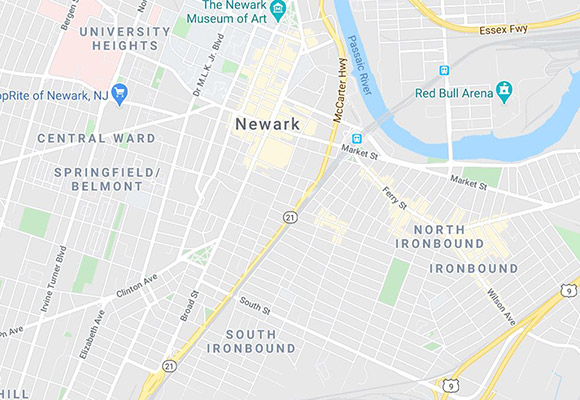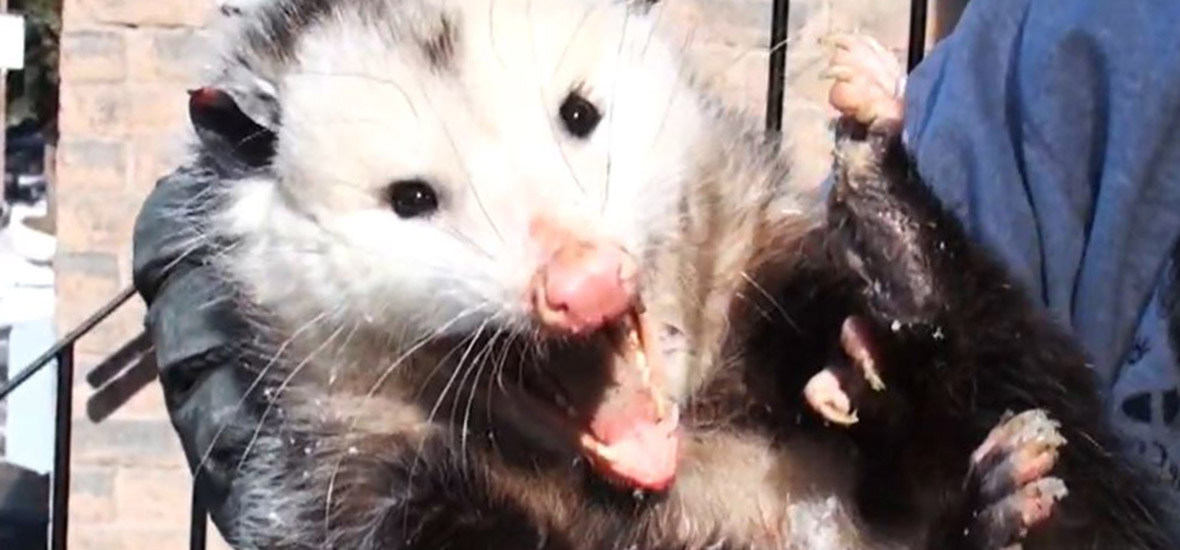- info@Newarkpestanimal.com
Call 24/7 for a free quote:
862-242-5219

Pest Animal Removal Newark - Wildlife Control
Welcome to Pest Animal Removal Newark! We are a wildlife removal company servicing Newark, NJ. Combine our experience with fully-trained operatives, who attend industry seminars and are constantly trained, and you have a control service that you can really rely on, and for a fraction of the price that many other removal and control companies quote. That doesn' t mean you' ll be getter a lesser service, though. In fact, our service is known for being of the very highest standards, from the removal of the animals themselves to the repair work, habitat modifications, and even our sanitation services. Our attention to customer care has also led to us being rated the number one company for removal and control in your area, for not just one, but three years in a row. To find out more about what we can do for your home or business, and how fast your pest problems could disappear, give our 24/7 manned phoneline a call today. Call us now at 862-242-5219 for your Newark wildlife control needs.
About Pest Animal Removal Newark and Our Services:
We answer our phones 24/7.
Property inspections and in-attic inspections.
Humane wildlife trapping and exclusion.
Critter damage repair to your home.
We offer attic cleanup and sanitation services.
Newark rat control and rodent removal
Bat control in Newark - removal from attics
Raccoon and skunk removal in Newark
Complete removal of squirrels in the attic
Dead animal removal, inside and outside.
New Jersey Snake control services
Bird Removal and Prevention
Call us any time to discuss your wildlife problem!
Our Service Range

Our Service Range
Brookdale, Caldwell, East Orange, Essex County, Essex Fells, Glen Ridge, North Caldwell, Roseland, Short Hills, Silver Lake, Upper Montclair, and more!Newark Wildlife Removal Tip of the Month: Do Different New Jersey Animals Take Different Times to Decompose?
The time it can take for the Newark animal to completely decompose will depend upon numerous factors. The body will start to enter the first stage of decomposition 10 minutes after death. The initial process can last up to 3 days or until putrefaction. The secondary stage will then proceed for 4-10 days. Active decay or the black putrefaction will follow. Around 20-25 days after the demise of the creature, the fourth stage will commence which is also known as butyric fermentation. The last stage is known as dry decay.

Factors that May Affect the New Jersey Animal Decomposition
After the dry decay stage, the only materials that will be left behind are the bones, hair and skin. It would take at least 5 months before the whole body will be completely decomposed. However, the speed of decomposition can also be affected by the size of the creature, the weather, type of soil and the presence of the insects. For instance, a small hamster will basically take only 2 weeks to decompose while the larger birds can be longer.
Biological Activity
Perhaps the main factor that affects the rate of decomposition would be the biological activity in the Newark soil. In case there are significant numbers of organisms, fungi, and bacteria on the soil, the decomposition rate of the organic materials would be a lot faster. Factors that affect the living organism and microbes in your soil will also play an important role.
The Level of Oxygen
As aforementioned, things that affect the living organism in the soil can speed up the rate of decomposition. This includes the oxygen level. If the soil has a loosened structure, there are more chances for the oxygen to penetrate in the soil. This means that the organic matter will decompose at a quicker rate. On the contrary, the compacted type of soil such as those with a high amount of clay will not have enough space to collect some air. This greatly slow down the biological activity in the soil and can decrease the stage of decay.
Moisture
The presence of water in the soil (either indirectly or directly), have an effect on the decomposition of the dead animals. The wet type of soil may result in reduced pace of decomposition since the water is filling up the space. This will prevent the oxygen from penetrating to the soil. On the other hand, water can also increase the biological activity. If the soil will become moist for only a specific period, the organic material will decompose at a faster rate.
Finally, the temperature in the New Jersey area can also determine the length of time until the body reaches a complete decomposition stage. The biological activity will be much higher in an area that is humid. In fact, according to the study, the amount of bacteria can increase by at least 2 times whenever there is a 10-degree Fahrenheit increase. This means that the animal that died during the summer season will disintegrate faster compared to those who died during the winter months.

